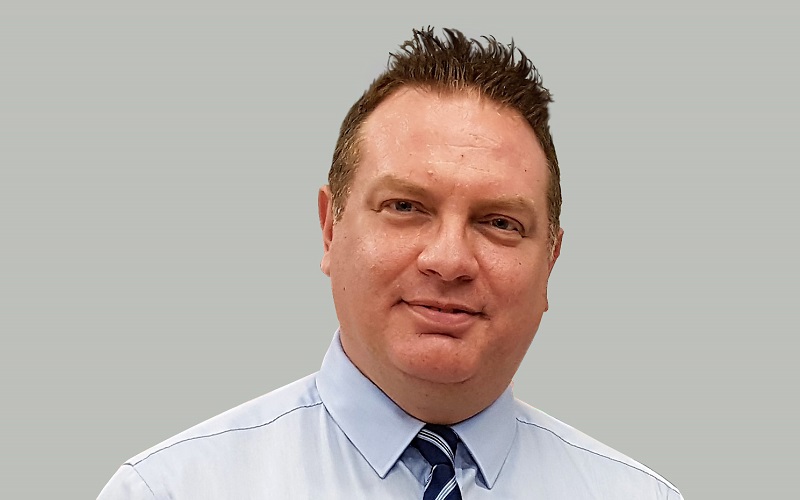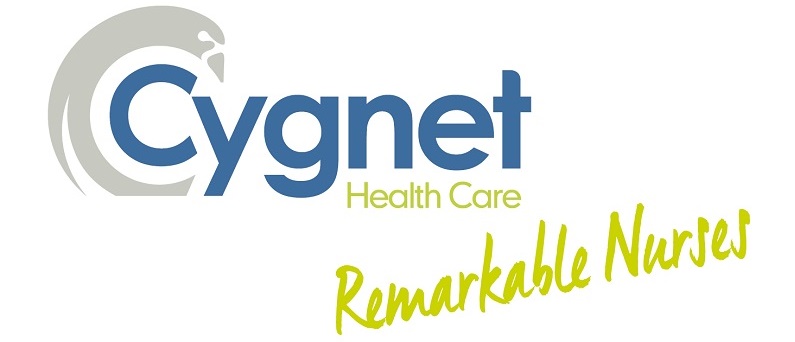
As we mark International Nurses Day today (May 12), celebrating the contribution that nurses make to society around the world, Cygnet Health Care’s Director of Nursing, David Wilmott talks about his decision to became a nurse and why he thinks nursing is such a special and rewarding career.
Did you always want to be a nurse?
I left school with 2 O’levels and I didn’t really have a career in mind, but nursing was in the family and my mum told me I’d be good at it. So I thought, ‘why not?’
I started as a Health Care Assistant at the Royal Gwent Hospital in 1991 and I loved it so I did three nights a week at night school to get my grades to train to be a student nurse.
I then spent 10 years in various clinical positions before moving into mental health commissioning and leadership. I joined Cygnet in 2018.
What have been the highlights of your nursing career?
Having struggled academically at school, becoming a registered nurse was the proudest day of my life. It felt a real achievement.
After that becoming a ward manager was the most amazing job in the world because it gives you the unique ability to change the quality of care for patients. No doubt it’s one of the most challenging roles, but also rewarding. It gives you the chance to recruit and develop nurses, influence standards and shape the quality of care. It was an immensely exciting time.
What are the biggest challenges facing the nursing profession?
Making the workforce fit for the future – there are challenges around attracting people in to Mental Health nursing in particular. There’s no denying it is a tough job and incentivising people is key. When I went to uni I didn’t have to pay tuition fees, I had a bursary, but now nurses leave with huge debt.
We are seeing spaces left unfilled in university courses and this needs to be addressed.
What made you move away from hands-on to nursing leadership?
Nursing leadership gives a real opportunity to influence nursing care on a much larger scale. There’s scope to guide the direction of nursing within an organisation but also through wider networks such as the MHN Directors Council which influence national programmes of work.
2020 is the Year of the Nurse and Midwife, which aims to highlight the challenging conditions they face and advocate for increased investment into the workforce. What will it do for nursing?
Year of the Nurse raises the profile, but also spreads the good news stories around why working as a nurse is such a rewarding career.
Never before has nursing and the importance of support workers been more in the spotlight than they are right now. Whilst it may not have been the focus we had all imagined for the Year of the Nurse, the international pandemic has elevated the status of nursing and the clinical expertise our workforce brings.
It is showing the highly skilled and numerous talents that we have across the profession. Nurses and care workers come from a host of backgrounds that truly represent the diversity of our society. Without a doubt, this is a career that has an impact on so many lives. 2020 was always an opportunity to recognise and say thank you to the profession, and now, more than ever, I think the world is realising how vital nurses are to us all.
Recognising Cygnet nurses and health care staff is so important.
At Cygnet we had planned to launch our first Nursing Awards this month in recognition of the best practice, compassion and empathy we have across our services. Whilst it may be on hold for now, we hope to hold this celebration event later in the year and make it even bigger and better.
We have almost 4,000 nurses and support workers at Cygnet and I am so proud of them. Their achievements and the difference they make for our services users impresses me every day.
You have helped to lead Cygnet’s response to Covid-19. Can you tell us what this has involved, and what measures are in place to slow the spread of the virus, and keep patients and staff safe?
A priority has been to swiftly identify any staff or patients with symptoms and ensure they are cared for and that appropriate infection control procedures are in place. We have also provided regular guidance to clinical teams on how best to manage their patients if they do develop symptoms. From the outset, we have been advising all our teams on the prevention of COVID-19, ensuring they adopt measures such as hand hygiene, use of personal protective equipment and keeping our services clean in line with the Public Health England guidance.
What would you say to someone thinking about coming into a caring profession?
There are lots of roles available in nursing and more career pathways opening up for support workers, carers and nurses.
Wherever you are in your career there are opportunities so don’t be afraid to ask questions about how colleagues, friends or relatives got to where they are.
Other people’s successes can be an inspiration.
